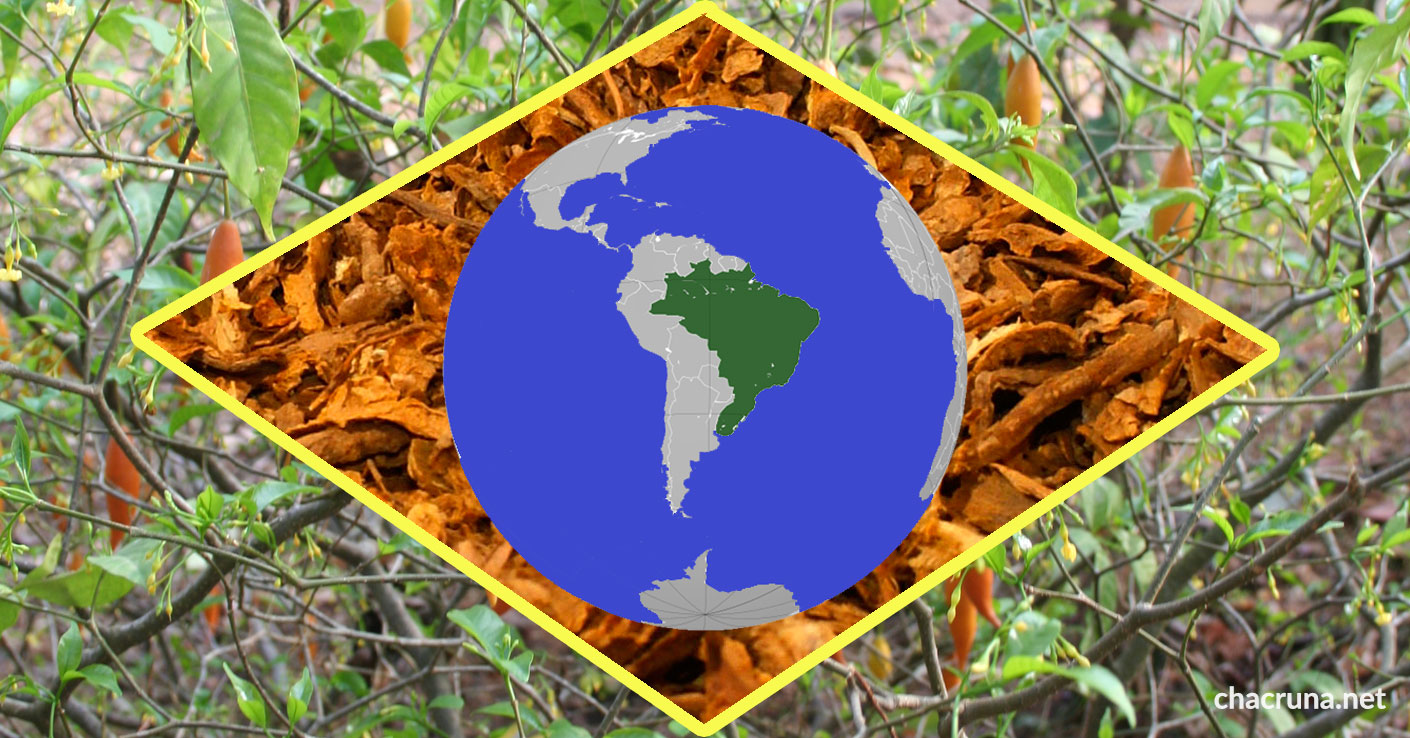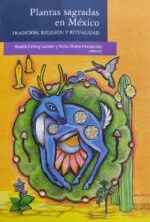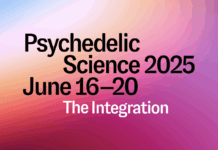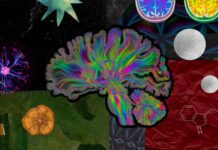Ibogaine, like other psychedelics, such as MDMA, ayahuasca, and psilocybin, has been shown to have important medicinal values. It is extracted from an African root and, besides its powerful mind-altering effects, it really appears to help people to quit drug abuse, sometimes after a single session, or, in less successful cases, helps stabilizing their use. This appears to happen with opiates, stimulants like cocaine and crack cocaine, alcohol, and even with process addictions, like gambling or eating disorders. For example ibogaine commonly stops cravings and withdrawal symptoms of opiate addiction in around 24–36 hours.
However, this treatment has some risks. Ibogaine affects heart rate, and sometimes people can have serious arrhythmias after taking it in inappropriate conditions. Ibogaine shouldn’t be given to people with some health issues, it shouldn’t be mixed with some medicines, and people must do certain lab tests before taking it; so, it is important to have medical supervision throughout the process.
Ibogaine is a scheduled drug in some countries, like the United States; but it is unregulated in the majority of them, such as Brazil, where it is unscheduled, although not yet recognized as a medicine. This status has stimulated a growing network of underground Ibogaine providers, sometimes providing treatments in less than ideal conditions.
I am a physician, a general practitioner, and gastroenterology specialist, who graduated in 1984; I have been working with ibogaine in Brazil since 1994. In the early days, it was totally unregulated; Brazil doesn’t even have a regulation agency, like Food and Drug Administration (FDA) in US. In 1997, ANVISA, the National Agency on Sanitary Vigilance, was founded, and, although it never totally regulated ibogaine, it left a door opened for its importation and medical use.
ANVISA allows the importation of ibogaine if the person who will take it has a medical prescription, and it is for personal, not commercial, use. This kind of importation, “for personal use only,” is legal, but it is bureaucratic and not cost effective. This is because ibogaine is not banned or scheduled, but simply unregulated. This means that it was possible for me to legally conduct more than 1000 ibogaine treatments since 1994. I used the plant medicine mainly for cocaine and crack cocaine users, since heroin and other opiates are not prevalent here.
During this period of time, I participated in a scientific study at the Federal University in Sao Paulo (UNIFESP) that studied the effects of ibogaine and evaluated the procedures of administration, including the reactions of the patients to the psychoactive substance, safety issues, and treatment outcomes. This work was published in November, 2014, in the Journal of Psychopharmacology.1
The results were surprising: 75 patients taking mainly cocaine and crack cocaine were followed for a year; it was concluded that ibogaine treatment with psychotherapy is effective, with around 62% of the patients staying clean during the follow-up assessment; and safe, if it is done in a legal setting, in a hospital environment with proper medical supervision, and with good quality medicine. These results fit with another study, published in January 2017,2 that showed that ibogaine treatment, even when it doesn’t promote complete abstinence for substance abuse, improves the patient’s quality of life.
In January, 2016, based mainly in the 2014 study, and under the pressure of drug policy activists and researchers, the Sao Paulo’s State Council on Drug Policy (CONED – SP), a government institution that manages the drug policy in the State of Sao Paulo, Brazil, published some resolutions (that don’t have the power of a law, but are nevertheless government recommendations) stating that more research should be done on ibogaine, and that ibogaine treatments should be done in a hospital, with medical and psychological support.
In August of 2016, there was a fatality apparently linked to ibogaine in an underground clinic in Brazil. Authorities closed the clinic subsequently, stating that it didn’t have appropriate environment, equipment, and staff necessary to deal with this kind of situation. More information about this event is expected as authorities investigate it further.
In November 2016, ANVISA banned all non-pharmaceutical ibogaine preparations, including homemade and unofficial lab preparations. Only pharmaceutical grade ibogaine, made under controlled procedures, is allowed to be used in a therapeutic setting. The medicine must have a clear origin and a purity certificate and documentation to be legally imported.
We have here the unfolding process of our goal is to make ibogaine fully legal and available to everyone who needs it in Brazil. We are not fully satisfied with all the bureaucracy, special authorizations and exceptions regulations needed to import such an effective and life-saving medicine. We want complete, cheaper, and non-bureaucratic access to treatments in safe, supervised sites. So, we decided to follow the medical path to ibogaine approval here in Brazil, since we think this will be the most effective approach.
In order to achieve this, there is a group in which I take part, working to “register” ibogaine as a medicine, under ANVISA’s guidance. This means proving to ANVISA that it works and that it’s safe, hopefully, leading ANVISA to recognize it as an official medicine. This would facilitate importation, minimize bureaucracy and costs, and would facilitate the use of ibogaine in hospitals all over the country. ANVISA will request a lot of documents and research with data about safety, effectiveness, and fabrication procedures in order to see if our efforts are sufficient to fit ANVISA’s criteria.
We are pretty sure that we will achieve this, and, in less than 5 years, ibogaine will emerge from the underground to be an easy-to-access and valuable tool to help people with substance abuse problems to regain control of their lives, with treatments in safe places with appropriate and trained supervision. I believe the Brazilian model could inspire other countries and other regulatory agencies to do the same; not only with ibogaine but also with all the highly valuable medicines that comprise the so-called “psychedelics.”
References
- Schenberg, E. E., Comis, M. A., Chaves, B. R., & Silveira, D. X. (2014). Treating drug dependence with the aid of ibogaine: A retrospective study. Journal of Psychopharmacology, 28(11), 993–1000 ↩
- Heink et al (2017) Examination of the Phenomenology of the Ibogaine Treatment Experience: Role of Altered States of Consciousness and Psychedelic Experiences. Journal of Psychoactive Drugs, 49(1), 1-8 ↩
Take a minute to browse our stock:
Did you enjoy reading this article?
Please support Chacruna's work by donating to us. We are an independent organization and we offer free education and advocacy for psychedelic plant medicines. We are a team of dedicated volunteers!
Can you help Chacruna advance cultural understanding around these substances?















